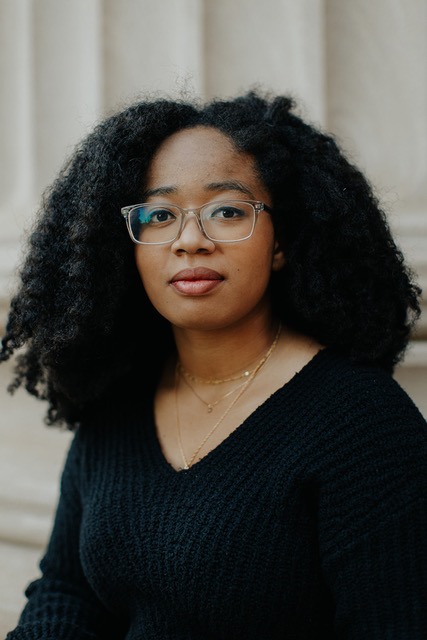
Jordan Harrod, HST MEMP PhD, has been named to a list of 9 Black women to know in data science.
Many YouTube power users, including an HST student, have been looking for alternative platforms, due to disputes over such things as ad revenue or copyright problems.
In this article by David Molloy of the BBC, YouTube stars describe how they have been devising alternative ways to get their messages out. This includes HST student Jordan Harrod, who is one of the creators of one "of the most successful rival platforms, Nebula, which was "built on a simple premise: giving creators independence from YouTube's algorithms."
In the piece, Harrod describes herself, "as a 'part-time YouTuber, full-time PhD student'..."
"She makes videos about artificial intelligence, AI ethics, and medical tech - not always the 'right kind' of content for YouTube.
"There are definitely topics that I've come across that I think would be challenging to cover on YouTube," she explains.
As an example, she suggests a video exploring how algorithms moderate hate speech online. Ironically, YouTube's algorithms might flag the content as hate speech, she suggests.
And once a video has been restricted, it is unlikely to ever recover the 'lost' views."
For more on this, read here.